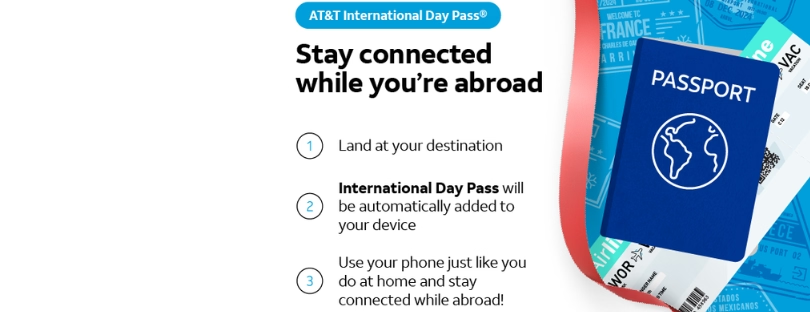
The EU will reduce the cost of international calls
European Union governments and lawmakers have agreed to cap the price of calling from one EU country to another, seeking to score another political victory with citizens after the elimination of mobile roaming surcharges. The latest news about the EU cost of international calls you can find below.
The deal clinched in the early hours of Wednesday after 12 hours of negotiations is part of a wider overhaul of the bloc`s 15-year-old telecoms laws to encourage operators to invest in fibre broadband networks and open up radio frequencies for next-generation 5G services.

In particular, three options were shuffled.
One, which seemed to have more possibilities, would be to introduce a maximum ceiling of 19 cents per minute in these communications between different European countries.
A second possibility would be to add a cost of 3 cents per minute to the price of the national call. And the third would be to charge the cost of the national call, plus the additional cost that the operator has for this international communication, that is to say that it can charge what the company from the other country charges for the service.
If, as it seems, you opt for the option to set a cap, experts warn of the temptation that operators may have to get close to this amount. A flow to the maximum price allowed by law.
The initial idea of setting a cap was not part of the European Commission’s proposal. Parliament has been the one who, encouraged by the successful elimination of roaming spending, has struggled to try to eliminate the difference between national and international calls within the European Union. This objective as such has proved too ambitious, and although there will still be differences, the cost of these calls will fall.
Many mobile operators, the European Commission, and member states saw the capping of international calls as an unnecessary populist measure as consumers can choose to call abroad with services such as Skype, Viber and WhatsApp which are free.
 According to figures from the European Consumer Organisation BEUC, the cost of calling other EU countries currently varies from 5 cents a minute to 80 cents a minute.
According to figures from the European Consumer Organisation BEUC, the cost of calling other EU countries currently varies from 5 cents a minute to 80 cents a minute.
“Excessive surcharges for phone calls from a consumer`s home country into another EU Member State is far from what people expect in a single market,”
said Ursula Pachl, deputy director general of BEUC.
The deal has to be endorsed by both member states and the parliament before becoming law.
In the reform of the telecommunications package there are other important aspects for the future of communications and the deployment of 5G in Europe. On the one hand, an interim agreement reached on March 2, which now has to be ratified, allowed a substantial advance in this deployment. The two frequency bands that will be free throughout the European Union exclusively for 5G were set. It is about the 3.6 GHz and 26 GHz bands, and they will have to be released before the end of 2020. They are the highways where the 5G will go.
On the other hand, steps have also been taken to encourage companies to make the millionaire investments that will be essential for this 5G deployment. The European Commission estimates that an investment of more than 500,000 million euros will be necessary in a decade, an investment impossible to assume from the public sector. To facilitate the entry of private capital, measures are taken in two directions. One is to stimulate co-investment, and cooperation between companies’
rivals in these projects. It can be achieved by reducing regulation if rival operators invest jointly in very high-capacity projects and facilitating the participation of smaller operators in investment projects. In addition, to guarantee a horizon of stability to companies, the duration of the licenses will be 20 years.










